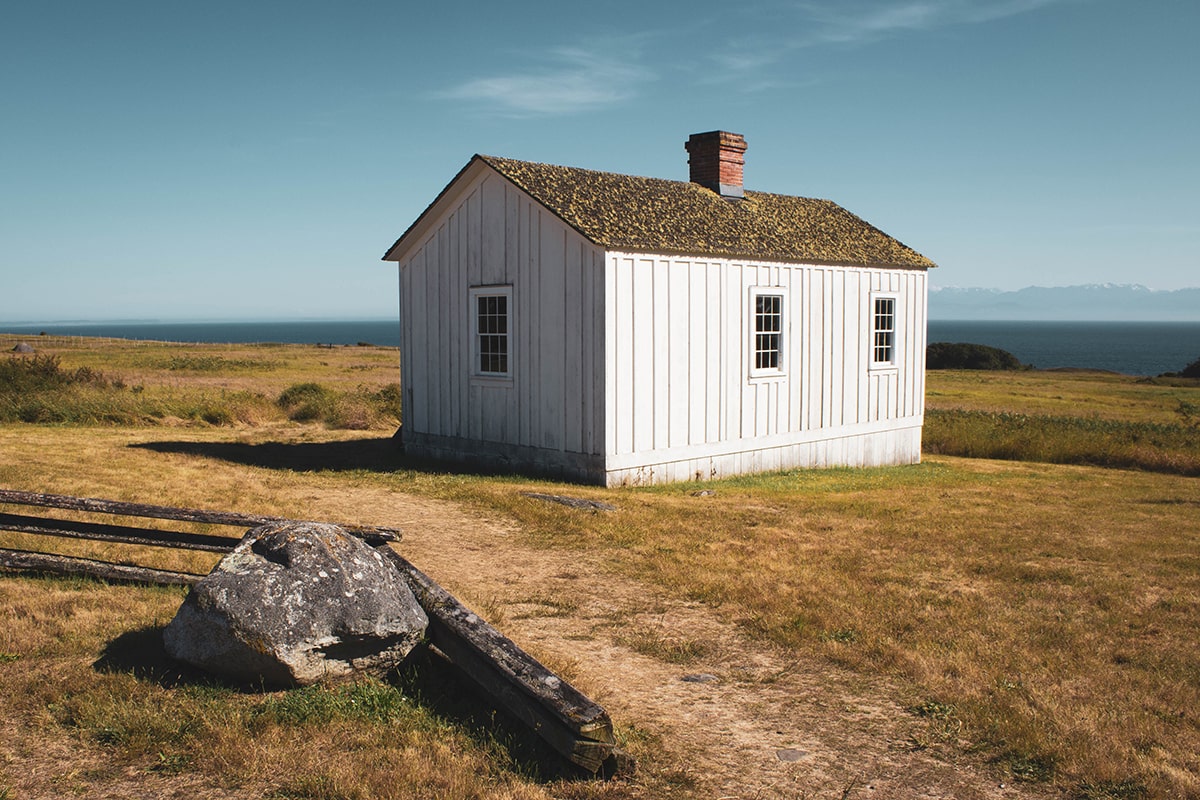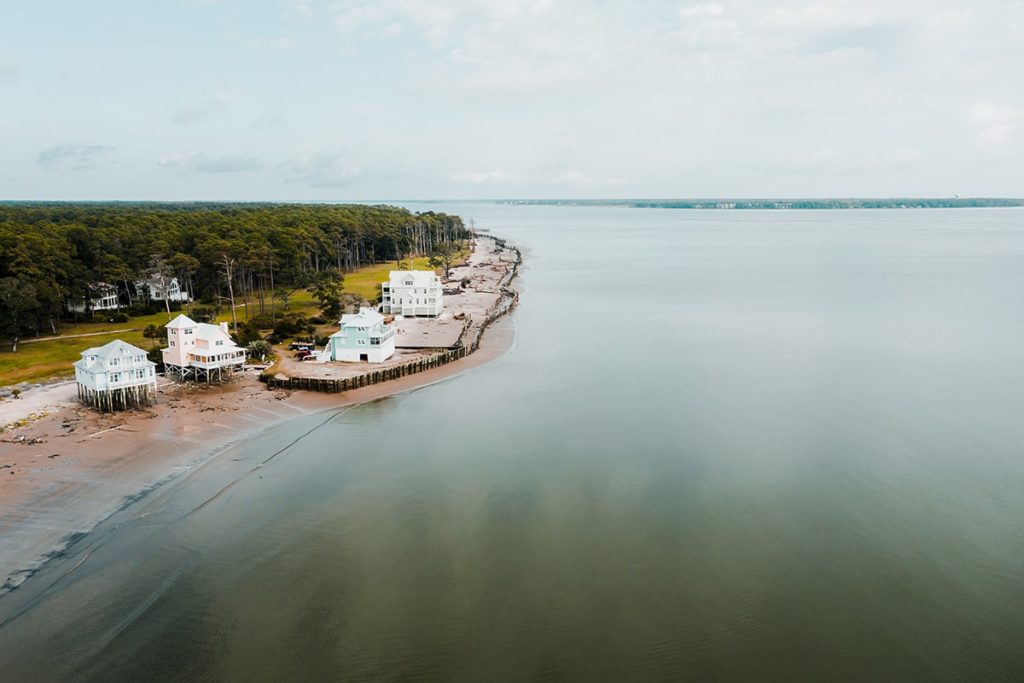Sustainable Practices for Private Island Ownership

Being a private island owner is a row of challenges. You have to maintain your island’s life routines and make it a good living place. Sometimes, it can be a daunting task even in terms of a common mindless lifestyle.
After all, our society requires us to use sustainable practices as sustainability is a cornerstone of today’s life. The resources of the planet are not endless, and in terms of an island, it is even more clear to understand. Just imagine that you spend resources without limits and continuously pollute the space. When it happens on the mainland, it can be invisible to you, but in terms of limited space on an island, it may come to the situation where you destroy the ecosystem and remain an island deserted. What can an island owner do to prevent this situation?
Of course, the success key is a sustainable way of life and some practices which you can implement in your island routines with ease. Let’s learn about how to maintain your private island as an eco-friendly space using sustainable practices.
You might find it interesting as well:
No-Waste Operation as a Key Practice
The key thing to consider about sustainability as a way of life is that it requires a clear and planned vision from the island owner. Moreover, it is trendy to maintain sustainability, and you can use that trend if you are going to develop your private island as a tourist spot. Just consider how many people may select your offer to visit your island if you position it as a spot of eco-tourism and a citadel of sustainability! We can bet, most will select your island instead of your competitors’ spots.
So, what to do to make your private island a real paradise place and a cradle of sustainability? Let’s start with the whole concept.
Have you heard about the principle of no waste? This means you have to reduce your consumption goals and reuse things to make minimum remains of them. For example, when you are cooking, the no-waste principle can be implemented by using bones and rests of the chicken for cooking sauce instead of disposing of them. In practice, this principle helps designers to create innovative furniture and décor, and recycle clothes and footwear to make something new of them. The same can do you. What benefits does the no-waste approach bring?
- You do not concentrate trash on the island.
- You give things a second life and thus, provide the philosophy of conscious consumption.
- You reduce costs on garbage disposal which are higher than on the mainland as usual.

Saving Water and Electricity in Favor of Cost-Efficiency and Eco-Friendliness
Reusable sources are a must today. As usual, island owners face great troubles with water and electricity supplies. Especially true for distant destinations and secluded islands which are thousands of miles from the mainland.
The idea of making your water and electricity resources renewable and reusable is bingo. This requires some help from skilled engineers, yet, if you decide to develop green energy resources like solar panels, windmills, wastewater treatment and purification systems, etc., you win a lot. The core benefits of this decision are as follows.
- You reduce dependence on the mainland.
- You save costs on electricity, water supply, and other utilities.
- You take care of nature, after all.
Read also:
Practices for Sustainable Living on the Private Island: How to Maintain Environmental-Friendly Way of Life
When you own an island, there are also some core principles to maintain in general besides the practical routines we’ve listed above. We talk about how to keep the balance of biodiversity and development. Here are some tips about that.
- Do not try to develop as many constructions on an island as possible. Overdevelopment is one of the biggest threats to island biodiversity. It is better to consult with engineers and environmental protection specialists before you develop a general design of your island.
- If you are going to make an island a hotspot for tourists, you should clearly consider how many people can visit your island and not overcrowd it. Do not allow more tourists than you can. That’s the wrong way.
- Set clear rules for visitors and residents. Thus, you can preserve certain vulnerable species and protect the natural diversity of your island.
- Provide educational programs about what is a sustainable way of life and how to maintain its practices. This may help your guests, your personnel, and your family to maintain them more easily.
As you can see, being sustainable-friendly is not a die-hard deal. You can implement the main principles of sustainability on your island daily and thus, protect your property, manage it thoughtfully, and save costs greatly.
You might find it interesting as well:




